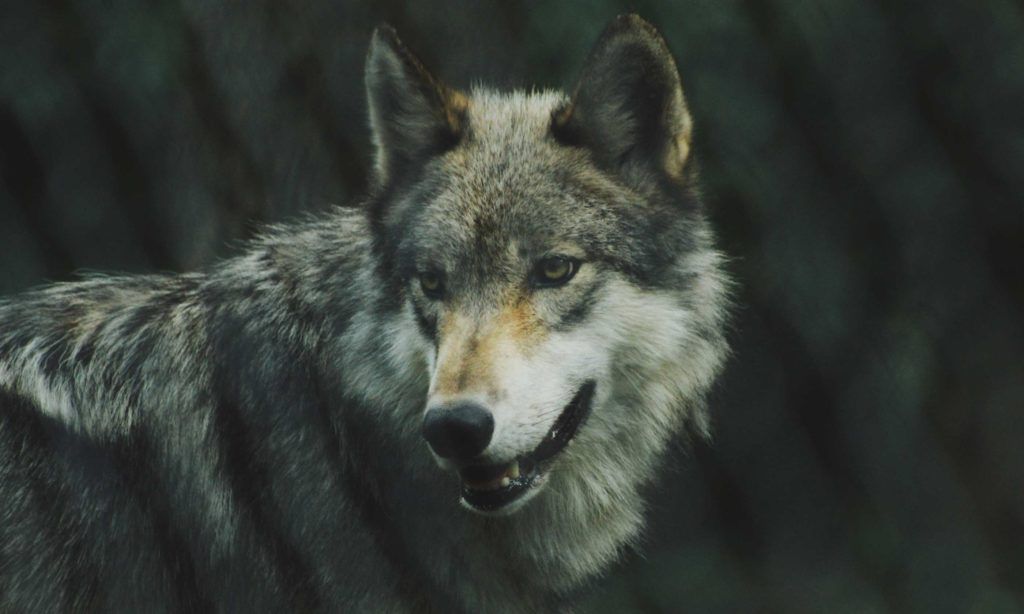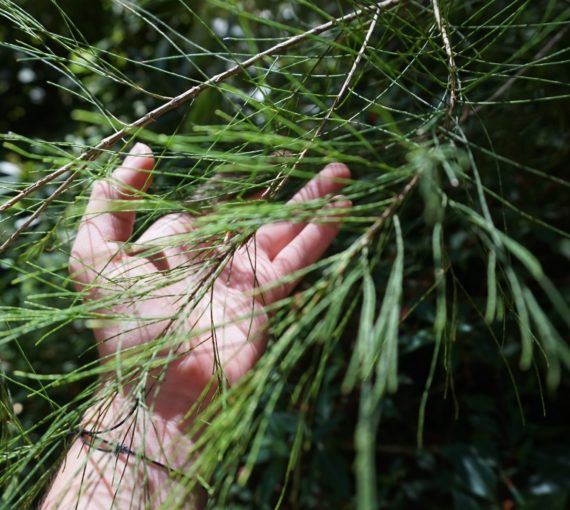The world’s current contradictions are at once exhilarating and heartbreaking. I’m gladdened by the Paris climate conference outcomes, but deeply concerned as, globally, species at risk continue to drastically decline. I’m proud of Canada’s warm welcome of Syrian refugees, but horrified by populist racist politics unspooling in the United States. I’m thrilled that MacDonald’s is moving away from factory farm chicken eggs, but sad about the unchallenged institution of factory farm pigs.
Ontario is a microcosm of my heart’s conundrums — I’m delighted by its leadership in addressing climate change and outraged by its exemption of almost every major industry from prohibitions under the Endangered Species Act. Last year, the province took great steps towards protecting native pollinators by reducing the use of harmful neonicotinoid pesticides, but is now threatening a step backwards by announcing an intended war on predators such as coyotes and wolves in northern Ontario in response to moose population declines.
Predators and prey like coyotes, wolves, moose and deer have been part of an intricate food web for thousands of years. If something is out of whack with a prey population, it can likely be traced to humans and not to a sudden decision by coyotes and wolves to supersize their meals.
When humans enter the web of life as predators of predators, we unfailingly disturb the balance. A recent study by the Raincoast Conservation Foundation reports that as “super predators, human hunters and fishers operate beyond the limits of natural systems,” arguing that “to restore balance, managers can use exploitation rates by natural predators — true models of sustainability — as guidance.” Ontario, on the other hand, is proposing a free-for-all on coyotes; residents with small game licences will be allowed to kill as many coyotes as they want and two wolves. Reporting/monitoring requirements are significantly reduced.
Predator control is a band-aid solution that simply doesn’t work for long-term conservation. As the Ministry of Natural Resources and Forestry concedes, “Only the removal of an entire pack can substantially reduce predation but this practice may not be ecologically or socially desirable. Changing hunting and trapping regulations to allow more wolves to be harvested is unlikely to remove an entire pack.” While highly social family packs won’t be entirely wiped out, they will be splintered and diminished. This sometimes decreases pack ability to co-ordinate catching wild prey and increases livestock killing.
The science is clear: Each wildlife species has a niche in a healthy, functioning ecosystem. Ontario’s war on predators is a throwback to a “wildlife as enemy” mentality, best dealt with by the gun. (Check out Lobo — the King of Currumpaw, a haunting story of wolf kills in the 1800s, written by Ernest Thompson Seton in 1898.)
Ontario needs to turn back around and work towards maintaining healthy ecosystems instead of damaging them further.
Our work
Always grounded in sound evidence, the David Suzuki Foundation empowers people to take action in their communities on the environmental challenges we collectively face.




